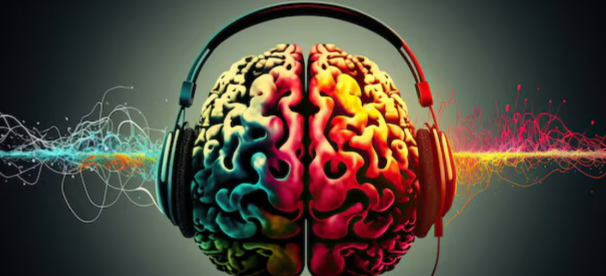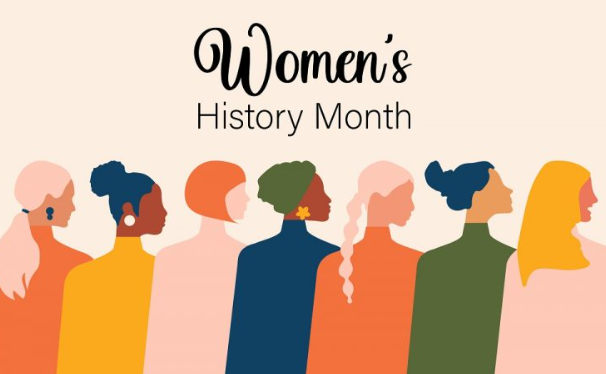Stockton- Music has long been an essential part of human expression, created to bring people a sense of peace, belonging, and emotional connection. To this day, it plays a significant role in everyday life—whether at social events, in cars, or through personal listening devices. The majority of the population listens to music regularly, often using it to help them get through the week. For some, music serves as a form of therapy, while others rely on it to enhance focus and concentration. Although there is limited scientific evidence supporting music’s ability to improve focus, research has undeniably proven that it can be used as an effective therapeutic tool.
This field of study is known as music therapy, a recognized health profession that utilizes music to address patients’ physical, psychological, cognitive, and social needs. Music therapy has been shown to reduce stress, ease anxiety, improve mood, enhance cognitive function, and promote better social skills. Through various musical elements—including listening, singing, playing instruments, composing, and movement—patients engage in a process designed to strengthen their abilities and apply them in different aspects of their lives. Unlike traditional therapy, which often involves extensive verbal communication, music therapy provides an alternative approach that relies more on musical interaction. However, it remains just as effective as conventional therapy, with treatment plans still tailored to the specific needs of each patient.
Pursuing a degree in music therapy traditionally requires multiple years of coursework and internships, often translating to significant financial investment. However, the University of the Pacific has introduced a groundbreaking opportunity for aspiring music therapists—offering the nation’s first four-year bachelor’s degree in music therapy. This accelerated program allows students to enter the workforce sooner, reducing overall tuition costs and eliminating the need for an additional year of study.
Located in Stockton, California, the University of the Pacific is a highly ranked institution that provides a convenient and cost-effective option for local students who wish to avoid additional expenses like housing. While music therapy as a career is not new, it remains an emerging field that has yet to be widely offered at many universities. As the demand for music therapists grows, educational institutions are beginning to recognize its positive impact on patients worldwide. The University of the Pacific’s program aims to make this degree more accessible, offering a curriculum that includes internships and hands-on coursework designed to prepare students for real-world scenarios. Graduates of this program will be well-equipped to work with patients dealing with various diagnoses, using music as a tool for healing and emotional support. By completing this degree in four years, students can enter the job market more quickly, gaining valuable experience while minimizing student debt.
Like most professions, a career in music therapy offers salary growth based on experience and education. Entry-level music therapists typically earn $16.15 per hour, which equates to approximately $33,599 per year. While this may seem modest at first, wages increase with experience, additional certifications, and further education. Top-level music therapists can earn $36.85 per hour, making $76,077 per year. By completing a degree sooner and entering the workforce earlier, individuals can maximize their earning potential and advance in the field more quickly.
Music therapy is a powerful and innovative form of treatment that has positively impacted countless patients. It provides a unique way to connect with individuals, offering an alternative to traditional therapy while maintaining proven effectiveness. With the University of the Pacific’s new program, students now have a faster, more affordable path to obtaining their degree and beginning their careers. This field not only offers financial stability but also allows therapists to use their creativity, build meaningful relationships with patients, and make a lasting difference in people’s lives. For those considering a career in music therapy, this program presents an unparalleled opportunity to turn their passion for music into a fulfilling and impactful profession.








